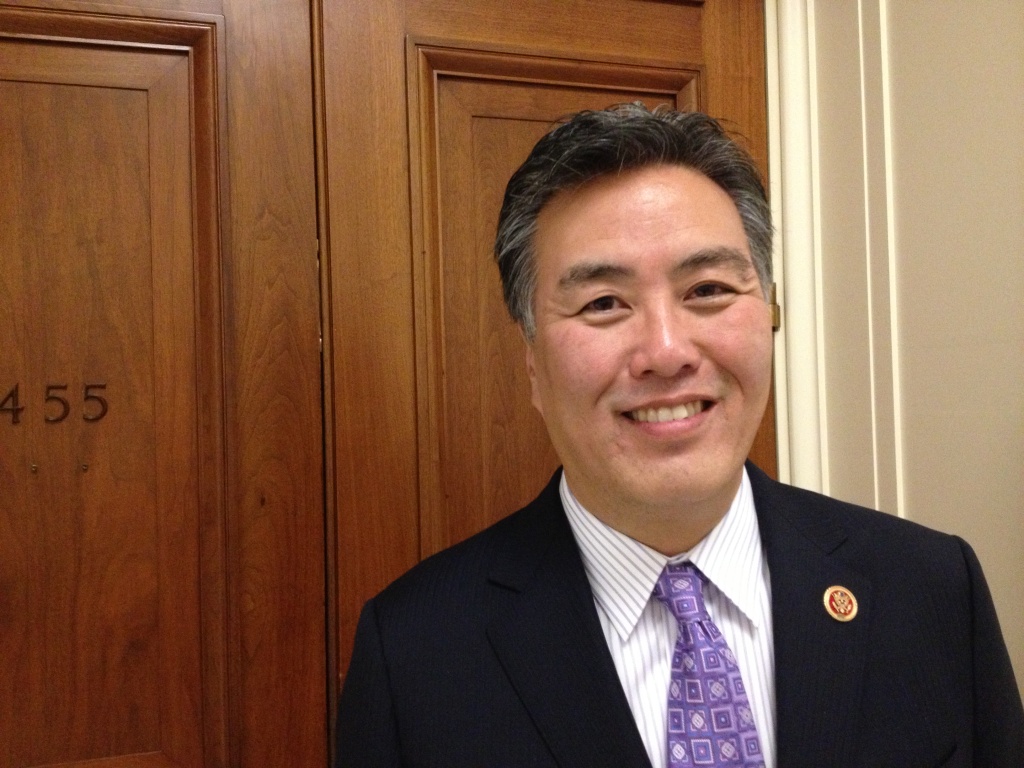
U.S. Rep. Takano, Tampa and St. Pete councils support closer U.S.-Cuba ties
On October 14, Representative Mark Takano (CA-41) became the first U.S. Member of Congress to visit Cuba in the aftermath of the State Department’s announcement that it would shrink its diplomatic mission in Havana and reciprocally expel Cuban diplomats from the U.S. He is also the first Member of Congress to directly engage with Cuban officials in Havana since President Trump’s June announcement that he would instruct his administration to increase restrictions on trade with and travel to Cuba. Rep. Takano (in photo at top) traveled on a delegation organized by CDA to advance dialogue and mutual exchange between U.S. and Cuban LGBTQ communities.
At the same time, a delegation of City Council members from the Florida cities of Tampa and St. Petersburg were in Havana, the first such official trips by a council in either city. That members from the Tampa-St. Petersburg area, which is home to the third largest Cuban American population in the U.S. behind Miami and New York City, were willing to vote in favor of a trip to strengthen U.S.-Cuba ties shows how far support for engagement has come.
Following their trips, Rep. Takano and the chairs of both the Tampa and St. Petersburg City Councils all expressed dismay at recent cutbacks to diplomatic missions, and voiced their support for closer U.S.-Cuba ties moving forward.
The visits are a marker of how officials from our government should interact — with a focus on mutual respect and collaboration.
They also came on a noteworthy date, as this week marks the 55th anniversary of U.S. spy planes photographing missile launch sites under construction in Cuba, thus sparking the Cuban Missile Crisis. Rising above the hysteria around him, President John F. Kennedy opened channels of communication with the Soviet Union, and ultimately the threat of war receded. Despite the fear it provoked, the Crisis is remembered as a time where an escalation of threats was ultimately solved by diplomacy and steady leadership. In other words, cooler heads prevailed.
On Monday (Oct. 16), we were shown what impulsivity from the Executive Branch looks like, when President Trump stated, “I do believe Cuba is responsible” for mysterious symptoms suffered by U.S. diplomats, despite the fact that the U.S. has yet to conclude its investigation into what happened. The words reportedly sparked the State Department to send a cable to all overseas posts saying that it has “not assigned blame to the Government of Cuba.” The President’s comment was as unproductive as it was rash.
At this crucial moment, it is pivotal that our leaders be able to step back and see the bigger picture. As Rep. Takano said Wednesday, “By … accusing the Cuban government of harming American visitors without providing any evidence to that effect, the President is hurting entrepreneurs in Cuba’s growing private sector, as well as Americans with Cuban relatives, and American businesses with investments on the island.” Like the Representative from California, we believe that “direct engagement remains the most effective tool” for solving differences between our two countries.
The visits to Havana by Takano and the Tampa and St. Petersburg City Councils are a tangible reminder of how engagement brings our people closer together, and show us that the spirit of engagement wears on.
(From Cuba Central)


